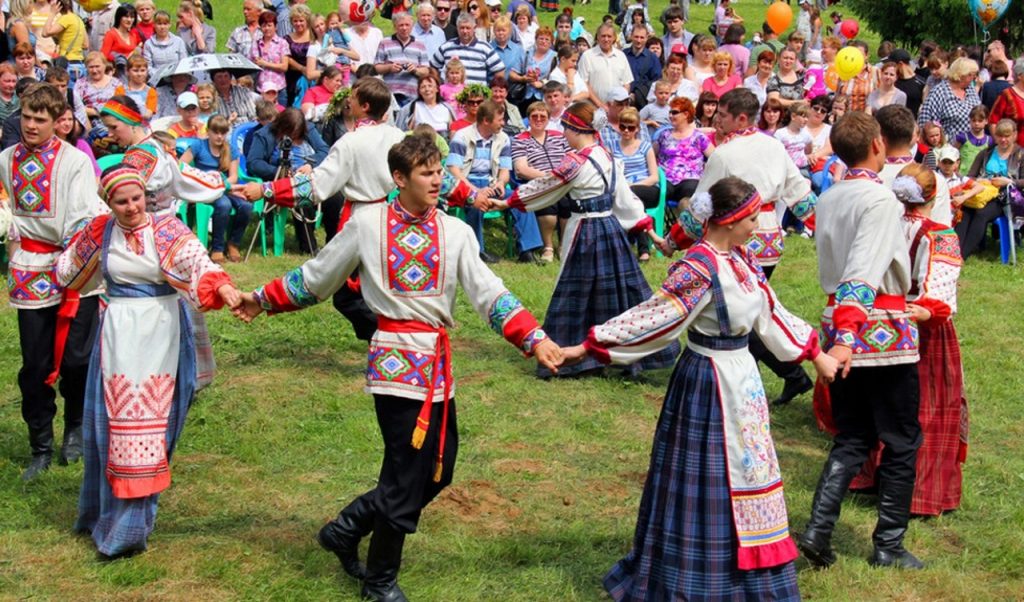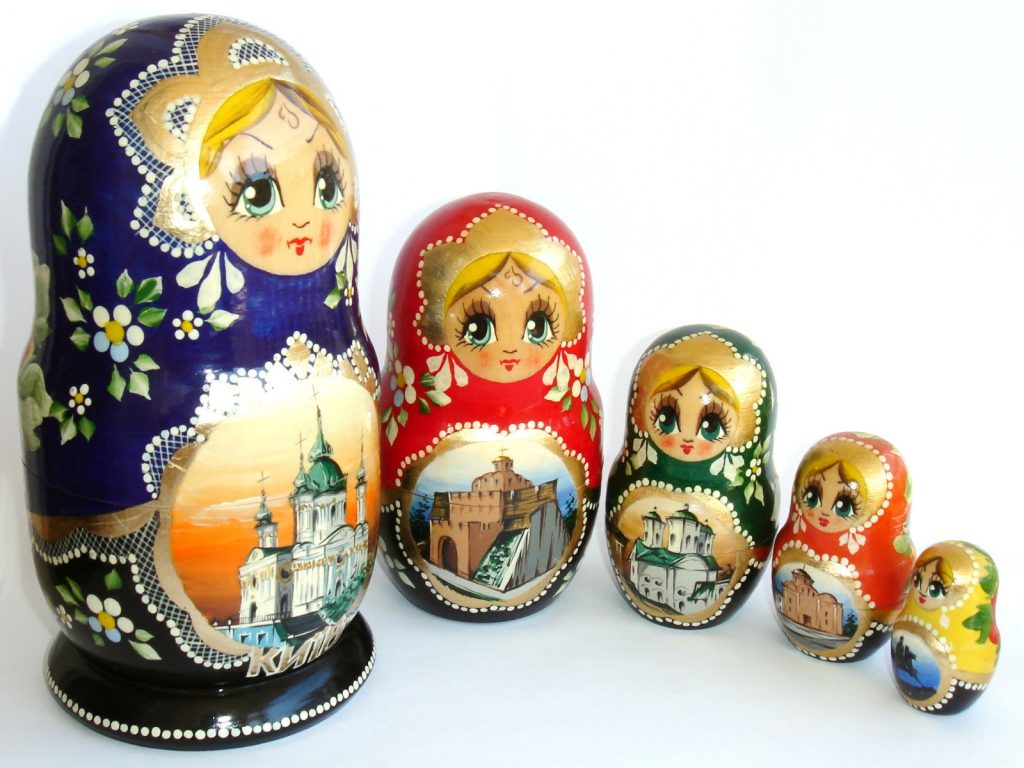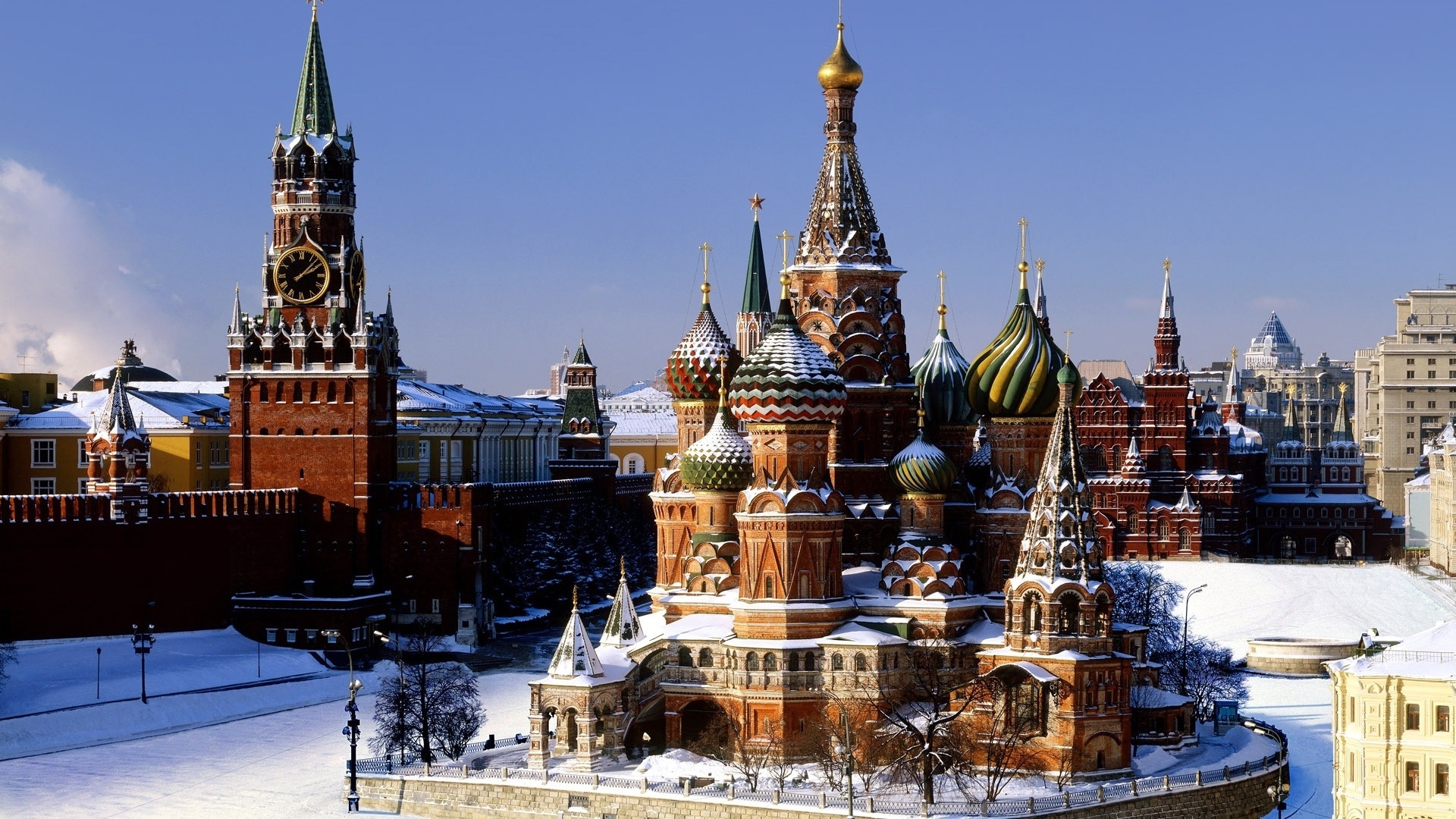Do Russia and the European Union belong to the same culture? The differences are undebatable. How big are they? How do they affect the cooperation between the EU and Russia? These questions have great practical importance. It is obvious, that those countries that have more cultural similarities could better understand each other and it is easier for them to maintain good relationships. Despite the fact, that currently there are tensions between European establishment and Russian authorities, we could find a lot of cultural facts that divide and unite them.
In a famous book “The history of civilizations” Samuel Huntington wrote, that the main differences, which could attribute nations to different civilizations are language, religion, and history. We believe that these components constitute the main pillars of cultural difference as well. Let us explore this diversity together.

First of all, the European Union has 24 official languages. All decisions taken by the EU authorities are translated into all official languages, and EU citizens have the right to receive an answer to their requests in any of the official languages. However, people speak about 260 languages in whole Europe. The recent infographic, provided by the Council of Europe on the occasion of the European Day of Languages, showed data on the most widely used languages in Europe. Top three positions took German, French, and Russian. Meanwhile, there are 37 state languages in Russian republics. Of course, Russian is the State language, but republics have the right to establish their own official languages.
Despite the fact, that in European countries and Russia there are constitutional guarantees of religious freedom, the majority of citizens belong to Christians. In Europe, the Catholic church is deeply respected in Poland, Portugal, Spain, Ireland, Italy, while in Norway, Sweden and Germany Protestantism are more popular. By the way, in Balkans the major religion is Islam.

Of course, the history of Europe is extremely sophisticated. So, Russian history is. From ancient Greece until the establishment of European Union, Europe suffered from wars, inquisition, deadly illnesses, and unstable alliances. After the Second World War, the idea of united Europe thrived and changed the nature of international relations on the continent. During a long history of the Russian state, it faced the same challenges as Europe, being involved in wars and different political projects.
We believe, that cultural differences, which became a dividing factor someday will unite us. Hopefully, “united in diversity” will become a moto of whole and free Europe from Spain to Russia.

